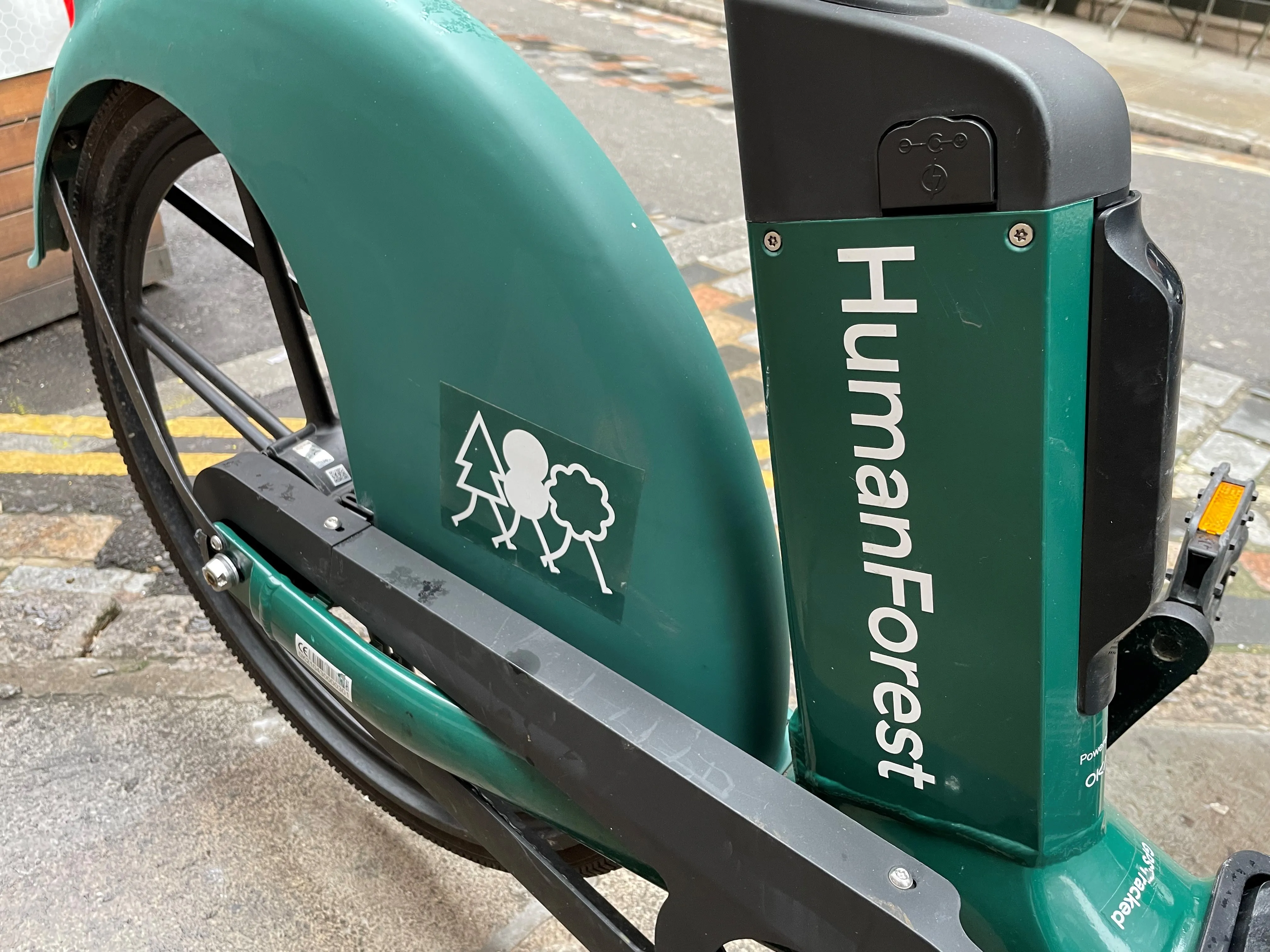The world’s first electrical car and passenger ferry powered by batteries has entered service in Norway. The unique solution is a result of a competition that Ministry of Transport and Communications and the Norwegian Public Roads Administration launched in 2010.
The ferry only uses 150 kWh per route, which corresponds to three days use of electricity in a standard Norwegian household. Built in conjunction with shipbuilder Fjellstrand, Siemens installed the complete electric propulsion system and install
May 19, 2015
Read time: 3 mins
The world’s first electrical car and passenger ferry powered by batteries has entered service in Norway. The unique solution is a result of a competition that Ministry of Transport and Communications and the Norwegian Public Roads Administration launched in 2010.
The ferry only uses 150 kWh per route, which corresponds to three days use of electricity in a standard Norwegian household. Built in conjunction with shipbuilder Fjellstrand,189 Siemens installed the complete electric propulsion system and installed charging stations with lithium-ion batteries which are charged from hydro power. The change to battery power enables ship owner Norled to reduce the cost of fuel by up to 60 per cent.
As the power grid in the region is relatively weak, Siemens and Norled decided to install three battery packs: one lithium-ion battery on board the ferry and one at each pier to serve as a buffer. The 260 kWh units supply electricity to the ferry while it is in dock. The battery slowly recoups this energy from the grid until the ship returns to disembark passengers and recharge. The ship’s onboard batteries are recharged directly from the grid at night when the ferry is not in use.
Each battery pack corresponds to the effect of 1600 standard car batteries. The ferry will consume around two million kWh per year, whereas a traditional diesel ferry consumes at least one million litres of diesel a year and emits 570 tons of carbon dioxide and 15 metric tons of nitrogen oxides.
On board the ferry, Siemens installed its BlueDrive PlusC electric propulsion system, which includes a battery and steering system, thrust control for the propellers, an energy management system and an integrated alarm system. The integrated automation systems control and monitor the machineries and auxiliaries on the ferry and are connected via Siemens’ Profibus to all other subsystems.
The emission-free ferry was developed from the ground up. The ferry, which is 80 metres long and 20 metres wide, is driven by two electric motors, each with an output of 450 kilowatts. It is made exclusively of light aluminium, making it only half as heavy as a conventional ferry, despite its ten ton batteries and a capacity for 360 passengers and 120 vehicles.
Ship owner Norled operates on the ferry link across Sognefjord between Lavik and Oppedal, Norway. The fully electric ferry travels six kilometres across the fjord 34 times a day, with each trip taking around 20 minutes.
The ferry only uses 150 kWh per route, which corresponds to three days use of electricity in a standard Norwegian household. Built in conjunction with shipbuilder Fjellstrand,
As the power grid in the region is relatively weak, Siemens and Norled decided to install three battery packs: one lithium-ion battery on board the ferry and one at each pier to serve as a buffer. The 260 kWh units supply electricity to the ferry while it is in dock. The battery slowly recoups this energy from the grid until the ship returns to disembark passengers and recharge. The ship’s onboard batteries are recharged directly from the grid at night when the ferry is not in use.
Each battery pack corresponds to the effect of 1600 standard car batteries. The ferry will consume around two million kWh per year, whereas a traditional diesel ferry consumes at least one million litres of diesel a year and emits 570 tons of carbon dioxide and 15 metric tons of nitrogen oxides.
On board the ferry, Siemens installed its BlueDrive PlusC electric propulsion system, which includes a battery and steering system, thrust control for the propellers, an energy management system and an integrated alarm system. The integrated automation systems control and monitor the machineries and auxiliaries on the ferry and are connected via Siemens’ Profibus to all other subsystems.
The emission-free ferry was developed from the ground up. The ferry, which is 80 metres long and 20 metres wide, is driven by two electric motors, each with an output of 450 kilowatts. It is made exclusively of light aluminium, making it only half as heavy as a conventional ferry, despite its ten ton batteries and a capacity for 360 passengers and 120 vehicles.
Ship owner Norled operates on the ferry link across Sognefjord between Lavik and Oppedal, Norway. The fully electric ferry travels six kilometres across the fjord 34 times a day, with each trip taking around 20 minutes.







